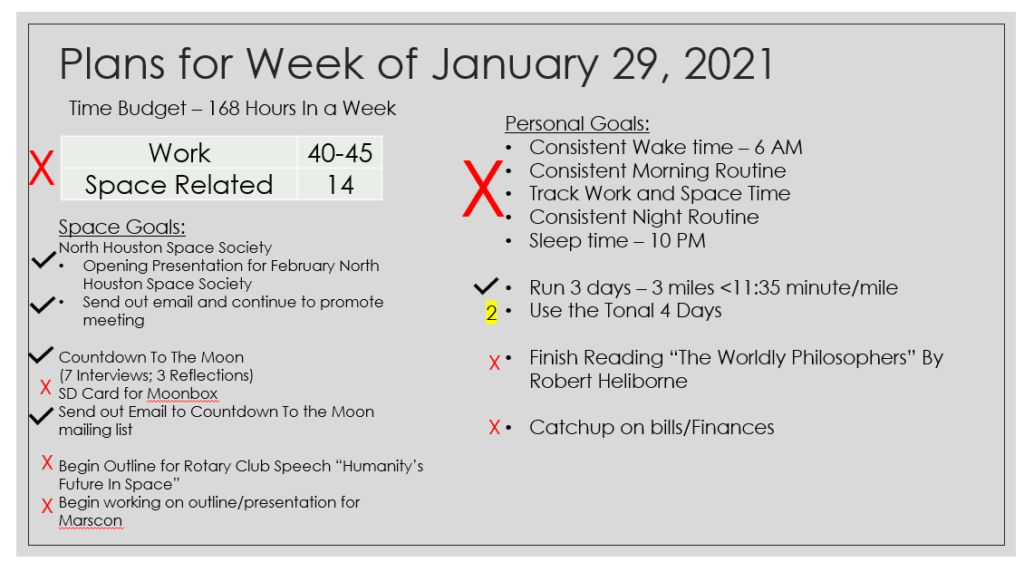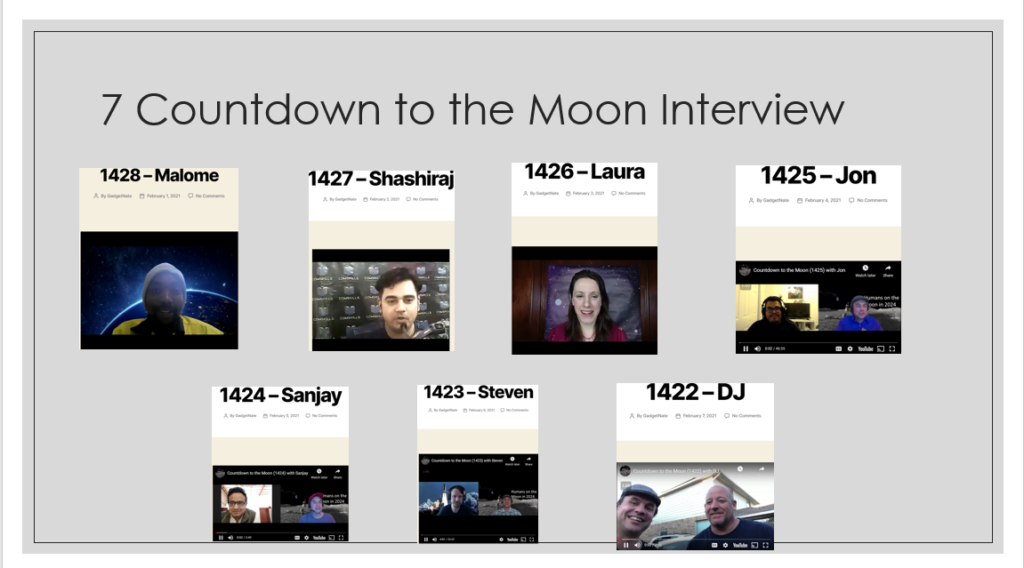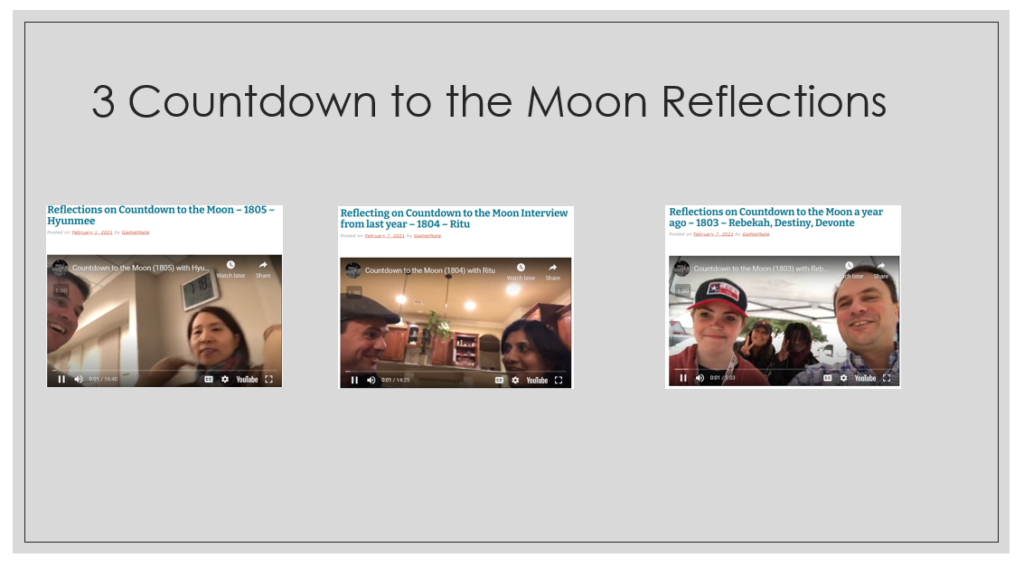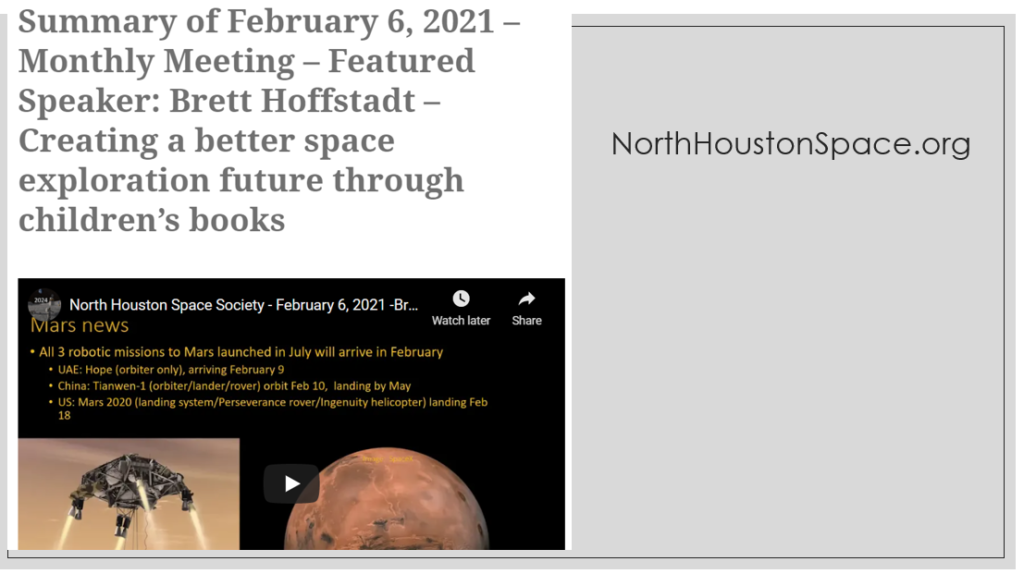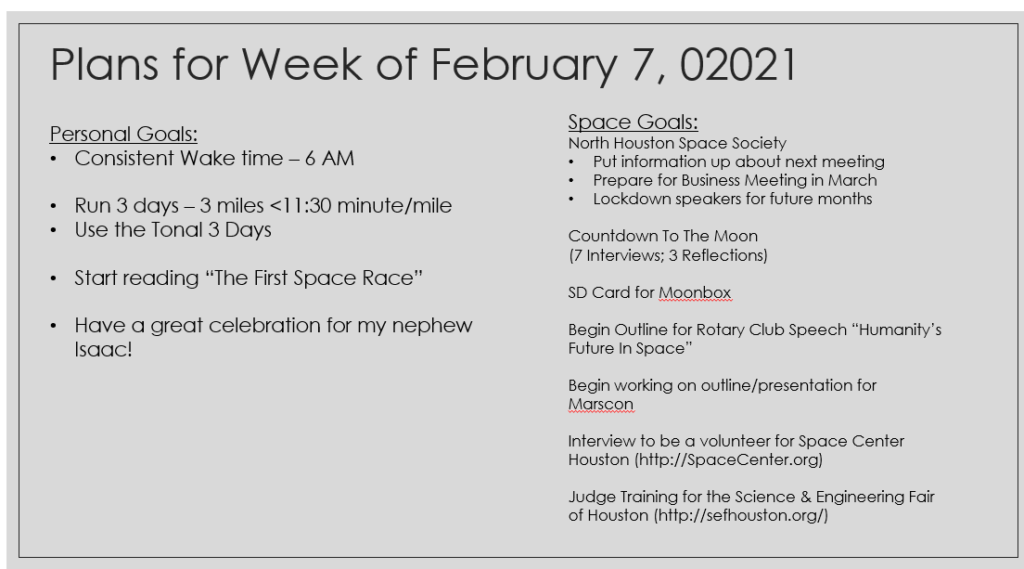I’ve been trying to put my finger on why I find many of the political discussions so upsetting. And I think I might have a thought that will get me to an answer. (This is just a half baked thought… Really just the beginning of a thought.)
We are valuing our politics over our relationships with people. We are willing to discard anyone that does not agree with what we think, attack them, dismiss them, demonify them, ignore them, make jokes about them or worse. We have split up into warring tribes who have no higher aim than to score cheap points off of other tribes. People get expelled from their tribe for any thought of trying to bridge the gaps. No one is looking for common cause and common purpose. It is extremism all the time from all quarters.
If anything is getting in the way of us having respectful, positive relationships with our fellow human, I think it is worthwhile asking ourselves if it is really worth it. Especially if those things divide families and neighbors and citizens.
We should be valuing people over politics.
And it is most disturbing to see this from people who identify as Christian. While I didn’t attend every Sunday school as a child. And I have missed many Sundays since. I do remember some of my most cherished passages from the Bible, the ones that spoke truth to me and still rattle around my brain. And I wonder if all the people who profess to be Christians have actually read and taken to heart the same quotes from Jesus that I treasure?
(Mark 5: 21-24): “You have heard that it was said to the people long ago, ‘You shall not murder, and anyone who murders will be subject to judgment.’ But I tell you that anyone who is angry with a brother or sister will be subject to judgment. Again, anyone who says to a brother or sister, ‘Raca,’ is answerable to the court. And anyone who says, ‘You fool!’ will be in danger of the fire of hell. Therefore, if you are offering your gift at the altar and there remember that your brother or sister has something against you, leave your gift there in front of the altar. First go and be reconciled to them; then come and offer your gift.”
(Mark 5:43-48): “You have heard that it was said, ‘Love your neighbor and hate your enemy.’ But I tell you, love your enemies and pray for those who persecute you, that you may be children of your Father in heaven. He causes his sun to rise on the evil and the good, and sends rain on the righteous and the unrighteous. If you love those who love you, what reward will you get? Are not even the tax collectors doing that? And if you greet only your own people, what are you doing more than others? Do not even pagans do that? Be perfect, therefore, as your heavenly Father is perfect.”
But was is love? St. Paul I think gives a convincing description in 1 Corinthians 13:
“If I speak in the tongues of men or of angels, but do not have love, I am only a resounding gong or a clanging cymbal. If I have the gift of prophecy and can fathom all mysteries and all knowledge, and if I have a faith that can move mountains, but do not have love, I am nothing. If I give all I possess to the poor and give over my body to hardship that I may boast,[b] but do not have love, I gain nothing.
Love is patient, love is kind. It does not envy, it does not boast, it is not proud. It does not dishonor others, it is not self-seeking, it is not easily angered, it keeps no record of wrongs. Love does not delight in evil but rejoices with the truth. It always protects, always trusts, always hopes, always perseveres.
Love never fails. But where there are prophecies, they will cease; where there are tongues, they will be stilled; where there is knowledge, it will pass away. For we know in part and we prophesy in part, but when completeness comes, what is in part disappears. When I was a child, I talked like a child, I thought like a child, I reasoned like a child. When I became a man, I put the ways of childhood behind me. For now we see only a reflection as in a mirror; then we shall see face to face. Now I know in part; then I shall know fully, even as I am fully known.
And now these three remain: faith, hope and love. But the greatest of these is love.”
Does our political discourse reflect the love we have for our fellow human? Is our politics more sacred to us than our faith? Is the next election (or probably more to the point) the last election more on our minds than eternity?
What should we do with this politics of ours? Surely the sabbath was more sacred to the people at the time than our politics are to us?! And what did Jesus say about about the sabbath?
(Mark 2: 23-27) One Sabbath Jesus was going through the grainfields, and as his disciples walked along, they began to pick some heads of grain. The Pharisees said to him, “Look, why are they doing what is unlawful on the Sabbath?” He answered, “Have you never read what David did when he and his companions were hungry and in need? In the days of Abiathar the high priest, he entered the house of God and ate the consecrated bread, which is lawful only for priests to eat. And he also gave some to his companions.” Then he said to them, “The Sabbath was made for man, not man for the Sabbath.”
Our politics were made for us. If it is not serving us, maybe, just maybe the politics need to go.
Be blessed my brothers and sisters.
